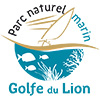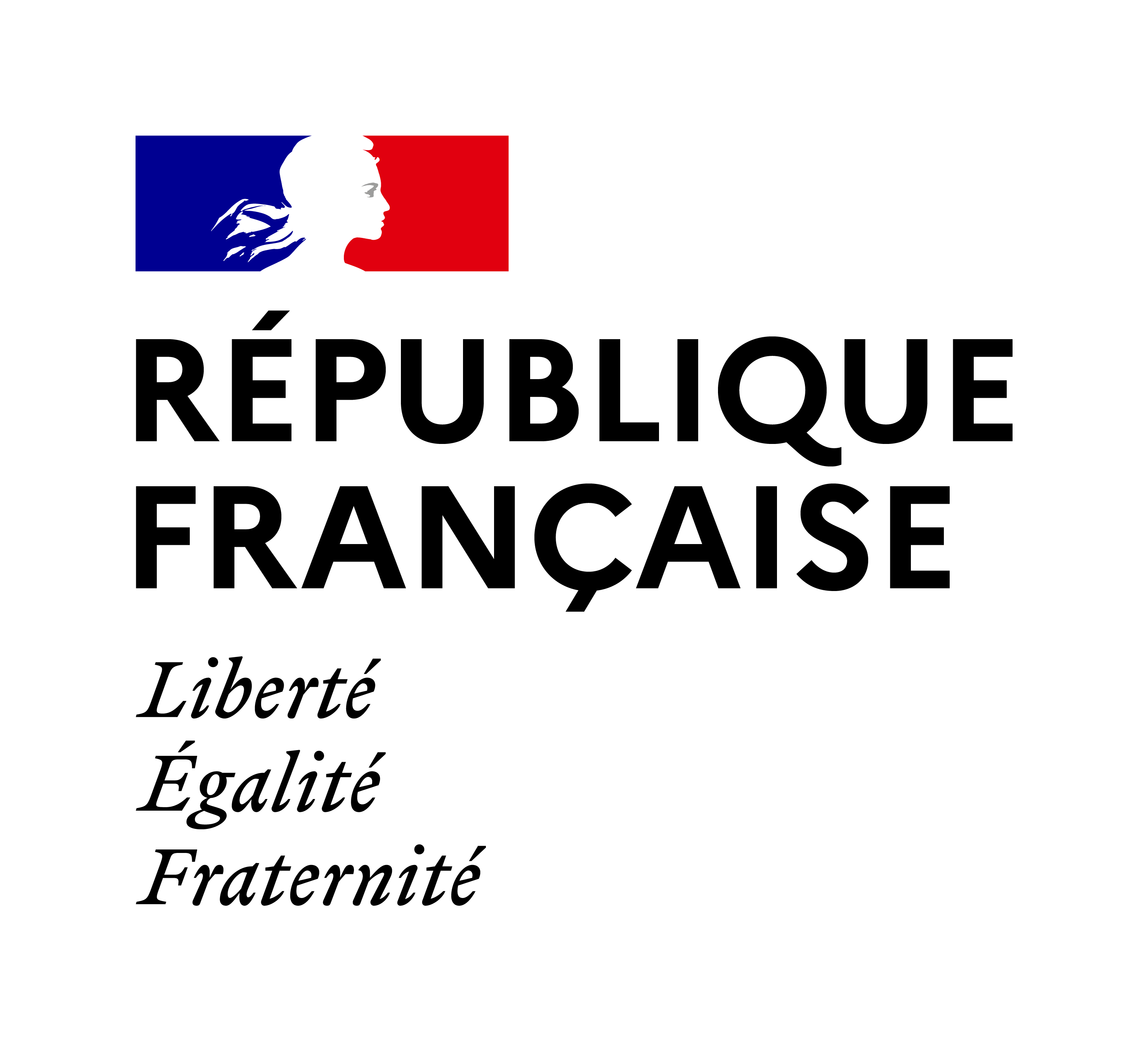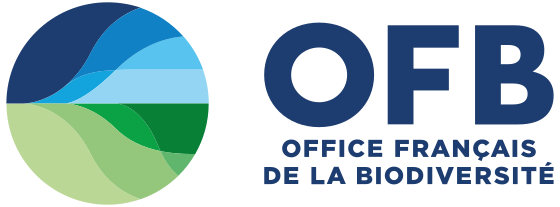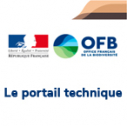Erwan Berton, artisan of sustainable fishing

Living off the sea without exhausting it. Implementing and promoting an artisanal and sustainable fishery is the daily life of Erwan Berton, a fisherman at sea and in the Etang de Leucate.
Erwan Berton is a man in a hurry. At 43 years old, the fisherman from Port Leucate (Aude) is also a deliveryman, a prud'homme and the president of the interdepartmental committee of maritime fisheries. And the man is above all passionate about his environment. Fishing is not his first job. "I used to work in a big company. I was offered opportunities for development, but I chose to stay in the south, in Occitania. I was familiar with the maritime environment, and I am more of a sailor than a landlubber. I chose to work in fishing".
But not just any fishing. Small-scale fishing, on a human scale. "I think I have a fairly ethical vision of my work. I work on the principle that I should take just enough to live on. I don't fish to increase either my fishing capacity or my capital", he explains, patiently putting hooks back on his lines one by one. Depending on the weather, he goes out to sea or to the lagoons, in particular in search of wolves. "At the moment, I am working on the lagoon with a very small boat of 5.60 metres. Everything is done by hand, without machines. This requires little equipment and therefore generates few costs. The fish I catch pay my salary, not the machines.
This fish is not going to be sold far away because Erwan Berton has developed a network in his commune. "In fact, this fish creates a link. It is sold to a clientele of individuals or to a few restaurants. It's very local. Instead of making people come to me, I bring it to them in the evening. The costs and impact of transport are reduced to a minimum. For a long time, on his bench, with his back to the sea, Erwan Berton prepares the orders received directly on his phone. He weighs each fish, empties it, wraps it and usually scribbles a simple first name on a piece of paper before putting the package back in the cold. Deliveries are his last job of the day.
Receiving the day's catch on his doorstep. The people of Leucate are varnished. It's fish that's six hours old," he smiles. It's true that it's a privileged clientele. Behind this work logic, there is an economic and ethical logic: "It allows me to live considering that I have a reasoned impact. When I go out in the morning and catch 10 kg of wolves on a line, that's enough for me, I don't need more. That's what suits me in this approach to fishing.
An approach that Erwan Berton proudly displays on his sign where it mentions artisanal and sustainable fishing. "These two words are essential and almost inseparable for me. Artisanal fishing will always be sustainable from the moment we realise that we are working with a resource that is not extensible. It is up to us, small-scale fishermen, to manage our fisheries as best we can. It's up to us to take charge of our future. He shares this view of his activity with other professionals. "I am the Prud'homme Major of Leucate and I unite the fishermen of my prud'homie around this idea. The young fishermen are very receptive, they see sense in it.
At the regional fisheries committee, where he chairs the small trades commission, Erwan Berton has worked on a management plan for octopus, "an emblematic species and a major socio-economic factor for the sector. It is the second most important fishery after bluefin tuna for Occitania. This first work will not remain isolated. "I have other fishermen and professional leaders who are asking me to go further, to continue in the direction of sustainable management of the resource and fair access to it," explains the fisherman.
In collaboration with the Gulf of Lion Natural Marine Park, the Occitan fishermen were able to meet their Spanish counterparts. "We were able to discuss their octopus management plan with the Catalans. This allowed us to raise new questions and to go further in our thinking. Today, a new study is underway and will enable us to refine our knowledge in order to manage this resource as well as possible. For Erwan Berton, management must become a priority. "Managing the resource is anything but a far-fetched idea. It means realising that if there are no more resources, there are no more fishermen. There is a need to set up a framework, and the marine park can help us do this. But in providing a framework, we also need to provide something else. This can be knowledge or support for the profession. The fisherman must be able to benefit from this.




